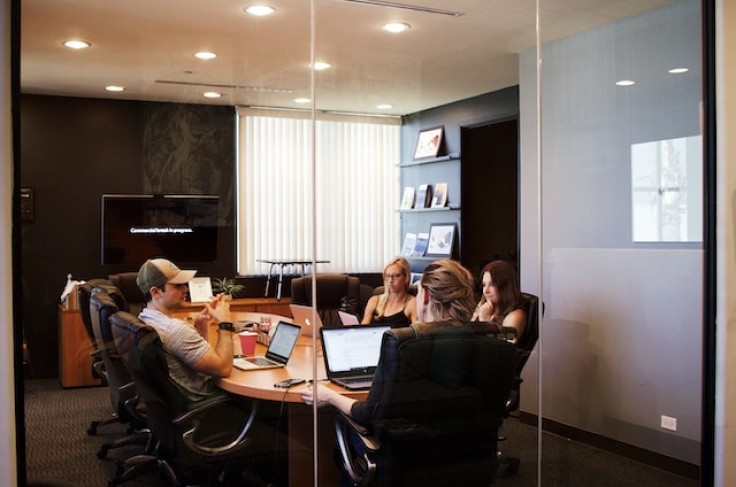
There is a new and intriguing trend that has been observed in the British workforce, particularly among Generation Z employees, and it goes by the name "time blindness."
According to Cleveland Clinic, time blindness refers to a psychological phenomenon where individuals tend to miscalculate the amount of time required for completing a task and overestimate their ability to accomplish it swiftly.
Amy Morin, a well-known psychotherapist based in Marathon, Florida, and the author of the acclaimed book "13 Things Mentally Strong People Don't Do," highlighted this peculiar condition.
The Perils of Underestimation and Overestimation
According to Morin, individuals afflicted with time blindness often find themselves underestimating the time required for a task and simultaneously overestimating their capability to complete it within a specific timeframe. This discrepancy in their perception of time can lead to a host of difficulties, including chronic lateness and missed deadlines.
People suffering from time blindness may even find themselves unprepared for events or trips, frequently arriving late and, in some cases, missing important flights.
Notably, time blindness is not limited to just future event estimation; it also extends to their perception of the past. Such individuals might struggle to recall how long they have worked on a particular project or how much time has elapsed since their last conversation with someone. This distorted perception of time can have far-reaching consequences, particularly in the workplace, where punctuality and time management are critical components of productivity.
According to FOX, Morin emphasizes that time blindness is not a trivial matter; rather, it can be an indicative symptom of an underlying mental health issue. One such condition commonly associated with time blindness is attention deficit/Hyperactivity Disorder (ADHD). Understanding this link is crucial, as it allows employers and colleagues to approach the issue with empathy and support rather than attributing it to simple inconsideration.
Training for Empathy: Managers' Role in Support
The term "time blindness" has recently gained traction in discussions about workplace challenges, though the concept itself is not entirely novel.
According to Christina Morrison, manager of HR Services at Insperity, based in Boston, Massachusetts, struggles with time management and project deadlines are not exclusive to any particular generation. Morrison points out that individuals from all age groups may face this challenge, particularly those who are neurodiverse.
As awareness of time blindness spreads, more stories about its impact on employees are surfacing on social media platforms. This has prompted businesses to consider ways to accommodate individuals facing this challenge. Morrison advocates for open communication and transparency between employers and employees to address these issues effectively. Reasonable accommodations for qualified employees, especially those with neuro-diverse conditions, should be considered to create a supportive and inclusive work environment.
Employers can help those who suffer from time blindness navigate their tasks effectively by providing flexible scheduling, job coaching, mentorship, and time management tools. Training managers to approach such situations with understanding and empathy is equally important. Companies that foster a culture of support and understanding will be better equipped to help their employees overcome this issue and enhance overall productivity and job satisfaction.
Time blindness is a challenge that affects individuals from all walks of life, irrespective of age. By acknowledging and addressing this issue openly, businesses can take proactive steps to create a more accommodating and empathetic work environment.
Empowering employees to manage their time effectively and providing the necessary resources can lead to increased productivity and well-being, benefiting both the individual and the organization as a whole.
Related Article : Experts say Gen Z will become excellent parents